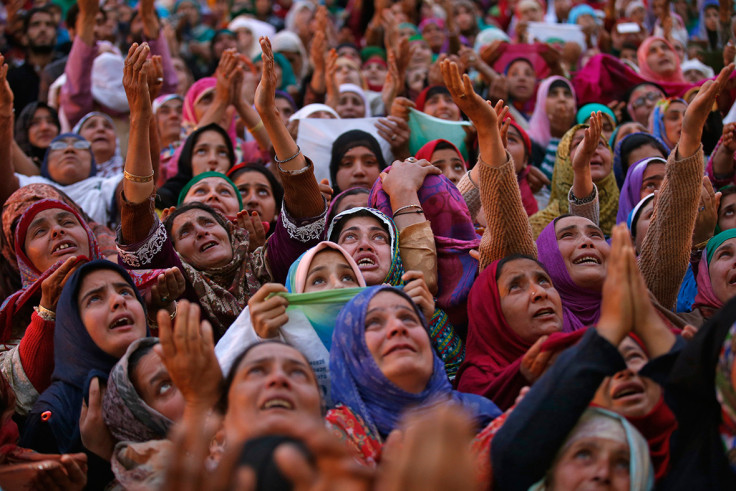India: Campaign to abolish triple talaq gets massive response from Muslim men and women

A campaign to ban triple talaq (or divorce) has received overwhelming response from both men and women of the Muslim community in India. More than 50,000 people from different Indian states have signed a petition seeking the ban.
The campaigners now want the National Commission for Women (NCW) to intervene and put an end to the practice, which they term "unQuranic".
The petition, launched by the Bharatiya Muslim Mahila Andolan (BMMA), found in a recent study that 92% of Muslim women were in favour of ending triple talaq. Zakia Soman, co-founder of the association, was quoted by The Times of India as saying that the national signature campaign is currently being run in the states of Gujarat, Maharashtra, Rajasthan, Madhya Pradesh, Karnataka, Tamil Nadu, Telangana, Odisha, West Bengal, Bihar, Jharkhand, Kerala and Uttar Pradesh. She added that so far, 50,000 signatures have been collected and "many more signatures will be collected in the coming days". Soman said they have written to NCW chairperson Lalitha Kumaramangalam to support their cause.
Muslim women have been demanding abolition of triple talaq, which allows men to move out of marriage by saying talaq thrice to the wife for long. The practice has reportedly become frequent these days, with men easily getting away by texting, emailing or whatsapping talaq to their wives.
Divorced women in the community have no legal rights and reportedly get no maintenance or alimony following separation. And to add to their woes, Muslim women are subjected to the practice of "nikah halala", wherein a woman must marry another man and establish sexual relations with the new husband to be able to remarry her first husband.
Noorjehan Safia Niaz from BMMA said qazis, who serve as judges under Islamic law, often offer themselves as "temporary husbands" to the divorced women, instead of ruling in favour of their rights.
"Muslim women are citizens of India and all constitutional safeguards are applicable to them. The Muslim personal law must be reformed in such a manner that all discriminatory practices are struck down as illegal and Muslim women's constitutional and Quranic rights are safeguarded," the BMMA petition reads.
In a recent development, the Supreme Court of India admitted a petition by a Muslim woman, named Shayara Bano, who too demanded abolition of triple talaq.
© Copyright IBTimes 2025. All rights reserved.




















